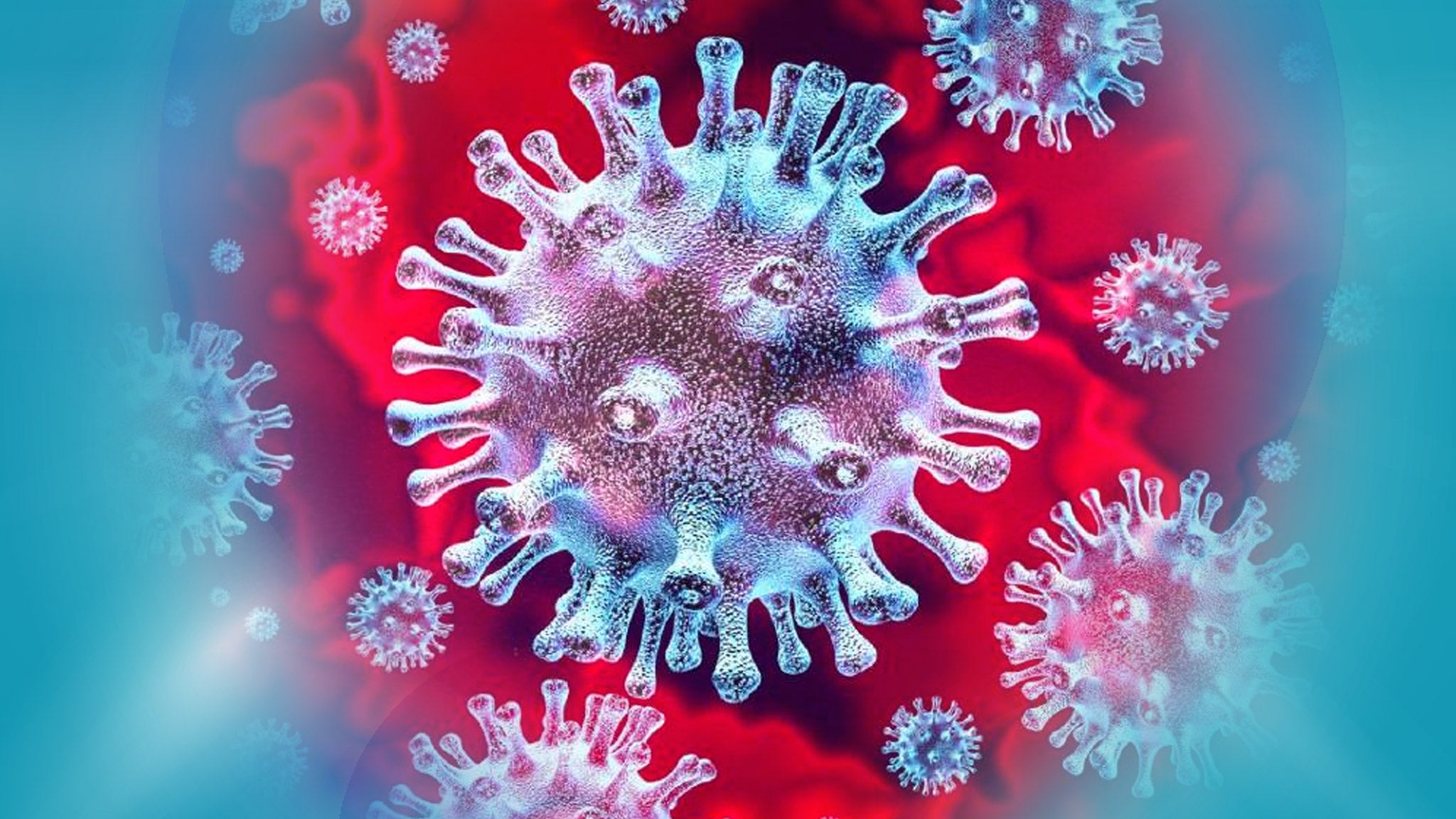Wander down the dental aisle at your local chemist and you’ll spot rows of mouthwash bottles promising fresh breath, cleaner teeth, and healthier gums. But how essential is mouthwash? Is it a must-have for oral hygiene or just a nice bonus?
The quick answer: for most people, it’s optional rather than essential, but it can be highly beneficial in the right situations. Mouthwash works best as an extra layer of protection alongside regular brushing and flossing.
In this article, we’ll unpack the truth about mouthwash, including what it actually does, when it’s most effective, and whether dental professionals genuinely recommend it.
What Does Mouthwash Do?
Mouthwash, also known as an oral rinse, is a liquid product designed to be swished around the mouth for a short time and then spat out. It comes in various types: antiseptic, fluoride, herbal, and cosmetic. Each type serves a specific purpose.
Common benefits include:
-
Reducing oral bacteria
-
Freshening breath
-
Preventing plaque buildup
-
Helping with dry mouth (xerostomia)
-
Reducing gingivitis and gum inflammation
However, these benefits depend on the type of mouthwash and how it's used.
Do Dentists Recommend Mouthwash for Everyone?
Mouthwash isn’t a must for every smile. If your oral hygiene habits are already spot on, such as brushing twice daily with fluoride toothpaste and flossing regularly, your mouth may not need the extra boost.
While mouthwash isn’t essential for everyone, many dentists do recommend it, as long as it’s used for the right reasons. It’s best seen as a supportive step, not a substitute for brushing and flossing.
At BreezeCare, our dental professionals often recommend mouthwash in specific situations where it offers added benefits. These include:
-
You have gum disease (gingivitis or periodontitis): Antibacterial mouthwashes containing chlorhexidine or essential oils can help reduce inflammation.
-
You suffer from bad breath (halitosis): Specially formulated rinses help neutralise odour-causing bacteria.
-
You wear braces or have difficulty brushing properly: Mouthwash can help clean areas your toothbrush may miss.
-
You have a high risk of cavities: Fluoride mouthwash strengthens enamel and helps prevent decay.
-
You’re recovering from dental surgery: A mild rinse can aid in healing without irritating the site.
The key? Choosing a mouthwash that suits your specific needs, not just grabbing one because it’s part of the shelf display.
Types of Mouthwash: Which One Is Right for You?
Understanding the types of mouthwash available in Australia can help you make a better decision:
1. Cosmetic Mouthwash
Primarily masks bad breath temporarily but doesn't treat the root cause. It’s more of a quick fix than a treatment.
Best for: A quick refresh before a meeting or date.
2. Therapeutic Mouthwash
Contains active ingredients like chlorhexidine, cetylpyridinium chloride, essential oils or fluoride to target specific issues like plaque, gum disease and cavities.
Best for: People with gingivitis, halitosis or high cavity risk.
3. Fluoride Mouthwash
Helps strengthen tooth enamel and prevent decay, especially if you are prone to cavities.
Best for: Adults and children over 6 with a history of tooth decay.
4. Alcohol-Free Mouthwash
Gentle on soft tissues and ideal for people with dry mouth, sensitivity or alcohol sensitivity.
Best for: Seniors, people with xerostomia or anyone prone to irritation.
Pros and Cons of Using Mouthwash
Like any oral health product, mouthwash has its advantages and drawbacks.
Pros:
-
Reaches areas that brushing and flossing may miss
-
Provides extra protection against bacteria and plaque
-
Helps with bad breath and dry mouth
-
Convenient and easy to use
Cons:
-
Some types may stain teeth (e.g., chlorhexidine)
-
Alcohol-based rinses can cause a burning sensation or worsen dry mouth
-
Overuse may disrupt the natural oral microbiome
-
May give a false sense of cleanliness, causing neglect of brushing and flossing
When Mouthwash Can Be Harmful
While mouthwash is generally safe, overuse or using the wrong type can be counterproductive.
For instance:
-
Alcohol-based rinses can worsen dry mouth over time.
-
Chlorhexidine mouthwash, while effective, is not recommended for long-term daily use due to potential staining and taste disturbances.
-
Swallowing mouthwash, especially by children, can be dangerous.
That’s why it’s essential to consult your dentist before making it part of your routine.
How to Use Mouthwash Properly
If you do choose to use mouthwash, here’s how to do it right:
-
Brush and floss first: Never use mouthwash as a shortcut.
-
Measure correctly: Use the recommended amount (usually 20ml).
-
Swish for 30 seconds to 1 minute. Avoid rinsing with water immediately after, as it can wash away the active ingredients.
-
Don’t eat or drink for 30 minutes after using therapeutic rinses.
-
Follow usage instructions, especially if you're using a medicated rinse.
Final Thoughts: Is Mouthwash Necessary?
The short answer? It depends. For many Australians, mouthwash can be a helpful addition to their oral care routine, especially when managing gum issues, bad breath or a higher risk of decay. But for others, it may be optional.
The best way to know what’s right for you is to speak with your dental team.
Discover the Right Mouthwash for You at BreezeCare
Looking for a mouthwash that actually works for your specific needs? BreezeCare offers a wide range of professional-grade oral health products designed to meet your unique needs.
Not sure which one’s right for you? Our experienced dentists and oral health experts are here to help. Book a consultation for expert, personalised advice and take the guesswork out of your oral health routine.
FAQs
Q1: Should children use mouthwash?
A: Children under 6 should not use mouthwash unless directed by a dentist. Always supervise use to prevent swallowing.
Q2: Is it okay to use mouthwash every day?
A: It depends on the type. Fluoride or gentle antibacterial mouthwashes may be fine daily, but others (like chlorhexidine) are best used short-term.
Q3: Can mouthwash replace flossing?
A: No. Mouthwash can complement flossing, but it doesn’t physically remove food particles and plaque between teeth.











